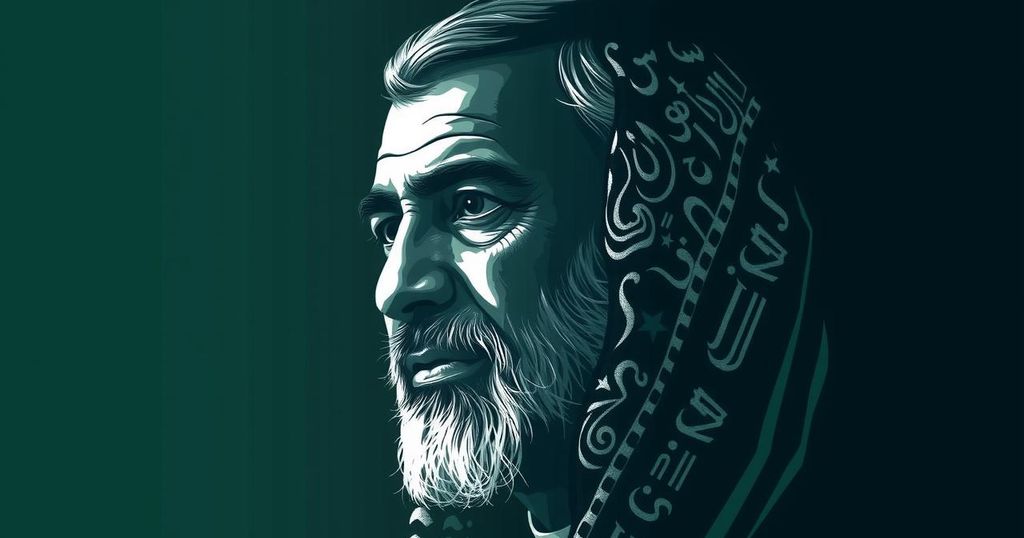Yahya Sinwar, a leader in Hamas groomed by Iran for conflict against Israel, was killed in Gaza, echoing historical precedents of tyrannical leaders meeting their end amidst destruction. His tenure was marked by violence and repression, and despite efforts to depict him as a hero after his death, evidence reflects a complex legacy of brutality and chaos. His demise raises significant implications for the future of Hamas and the Iranian regime’s aspirations in the region.
The recent demise of Yahya Sinwar, a prominent figure in Hamas and an architect of violence against Israel, has sent shockwaves throughout the Iranian regime. Sinwar was nurtured by Iranian leadership to orchestrate a formidable offensive against Israel as part of a broader strategy termed the “Unity of Fronts.” His death, particularly in the context of Gaza’s ruins, evokes comparisons to the notorious leaders of the Nazi regime meeting their end in a shattered Berlin, highlighting the fragility of regimes reliant upon tyranny. Despite official claims from Iranian representatives that Sinwar died a hero, evidence from the circumstances of his demise paints a contrasting picture of a man escaping amidst chaos. His legacy is marred by his responsibility for the deaths of numerous Israeli civilians and his repressive tactics against dissenters within Gaza. Sinwar’s passing brings both a sense of closure to a beleaguered populace and a cautionary tale regarding autocratic governments built on violence. As Hamas grapples with the loss of a critical leader, the implications of Sinwar’s death resonate beyond the immediate conflict, underscoring the broader implications of tyranny’s inevitable collapse.
Yahya Sinwar was an influential leader within Hamas, particularly noted for his alignment with Iranian interests. He rose to prominence with the backing of Qasem Soleimani, a key figure in Iran’s Quds Force, following the assassination of Ismail Haniyeh. Sinwar’s leadership was marked by efforts to intensify conflict with Israel, evidenced by his orchestration of attacks that resulted in significant Israeli casualties. His reputation is marred by accusations of brutality, including acts of violence against perceived traitors within his own ranks. The backdrop of his downfall resonates with historical echoes of totalitarian regimes facing inevitable collapse.
Yahya Sinwar’s death serves as a potent reminder of the vulnerabilities faced by regimes that thrive on oppression and conflict. Despite efforts by the Iranian regime to frame his demise as that of a martyr, the reality speaks to the chaotic end that befalls tyrannical leaders. This moment not only underscores the fragility of Hamas but also poses significant questions regarding the enduring nature of Iranian influence in the region, along with the broader implications for future resistance movements.
Original Source: www.jpost.com







